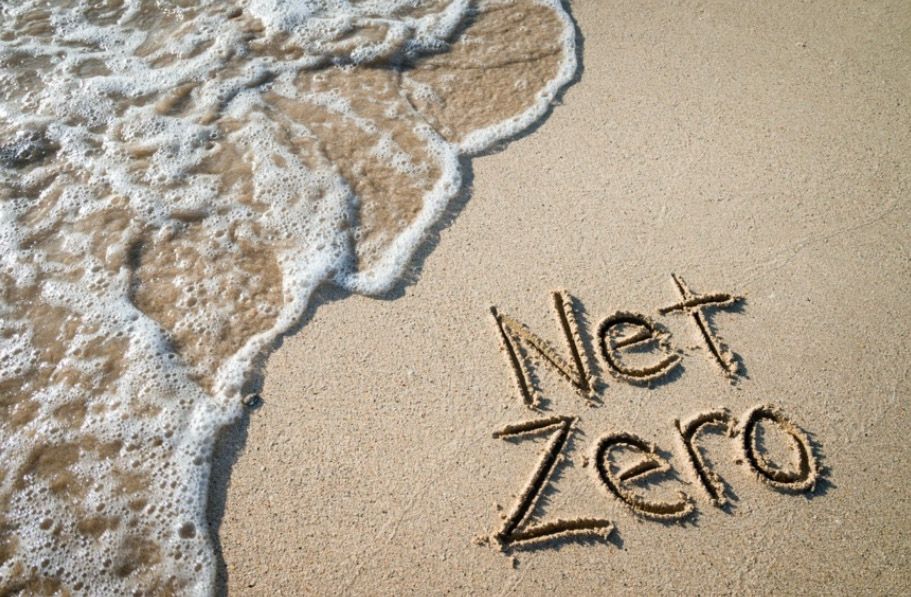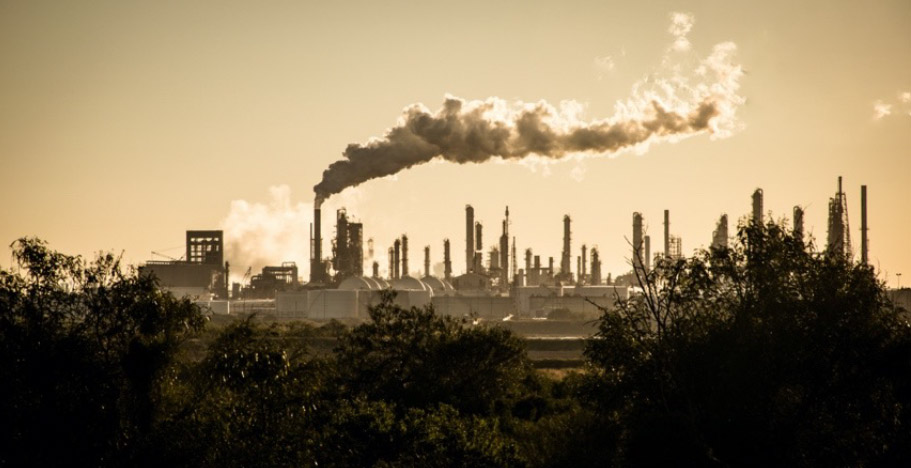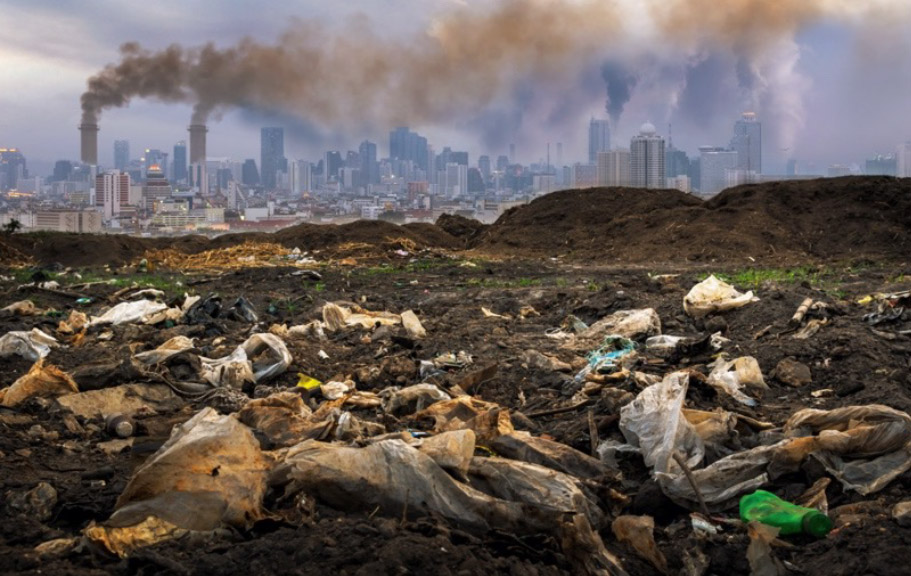
By Shauna
February 15, 2022
The term "Net Zero" has been polarizing for scientists, environmental campaigners, and even governmental bodies like no other sustainability-related term. What exactly does 'Net Zero' really mean and what are some of the implications of the term? More importantly, how will it affect us in sunny Singapore?
The term "Net Zero" is heavily embedded in the 2016 Paris Agreement, which advocates for a balance between anthropogenic (human-caused) emissions and carbon reduction. In the UK, the British government has pledged a net zero strategy which, among other policy initiatives, include grants for electric vehicles, carbon capture and storage hubs.
According to Isabella O'Dowd, head of climate at the UK office of the World Wide Fund for Nature (WWF), "Net Zero" means any remaining greenhouse gas emissions are balanced out by removing an equivalent amount from the atmosphere. This can be done through nature-based carbon removal methods or carbon capture and storage technology.

The Effects of Climate Change: Why The Race To Net Zero?
It is undeniable that the rapid changes in our climate that we are now facing can be traced to humans burning fossil fuels to power up homes and factories and for transportation. Solar energy absorbed at Earth's surface is radiated back into the atmosphere as heat, and this natural process is known as the Greenhouse Effect. However, increased amounts of greenhouse gases interferes with this process and traps the sun's heat, causing our planet's temperatures to rise.
If we want to avoid the worst consequences of climate change - think heatwaves and coastal storms to the destruction of habitats and severe impacts on our ecosystem - these temperature changes must slow down.
Under the 2016 Paris Agreement, 196 countries have pledged to keep temperature rises well below 1.5°C, to avoid the worst impacts of climate change. The United Nation's Intergovernmental Panel on Climate Change (IPCC) stated in their Special Report on Global Warming of 1.5°C, net zero must be reached by 2050 in order to mitigate the catastrophic effects of this rise in the Earth's surface temperature.

Net Zero Scorecard - Asia
A Climate Action Trackers Map, which shows the progress the world has made on their Paris Agreement commitments, reveals that the majority of Asian countries fall under the "Highly Insufficient" benchmark. Singapore fares even worse, landing in the "Critically Insufficient" category.
While it is clear that we have to make more concerted efforts in sustainable living, there are also several inherent challenges faced by our nation that impedes our sustainable development. In less than a decade, Singapore's population grew from 4 million to 4.84 million. The resulting heavier demands on limited resources is coupled with the very real issues of increased pollution, water constraints, land scarcity and critically, a lack of energy security.

Cold Truths For A Warm Planet
Faced with these challenges, what else can be done? Thankfully, Singapore has a long-standing record of meeting such challenges head on.
An example of this is NEWater, the brand name given to highly treated reclaimed wastewater produced by Singapore's Public Utilities Board in 2003. This came about as a way to address Singapore's potable (safe for drinking) water supply and to move towards water sustainability. Today, there are five NEWater plants supplying up to 40% of Singapore's current water needs.
Currently, NEWater is used for non-drinking purposes, mostly by industries with production requirements for high purity water By 2060, NEWater is expected to meet up to 55% of Singapore's future water demand.

The need for a holistic and coordinated approach to addressing our long-term Net Zero goals was outlined in the Singapore Green Plan 2030. One of the five main programmes is Energy Reset, targeting solar energy deployment to quadruple by 2025 and further greening of electricity supply with clean energy imports.
With more innovative solutions becoming available, resources will need to be creatively and competently managed. While there will be additional costs required, these should be viewed in perspective as the cost of inaction will be far greater.